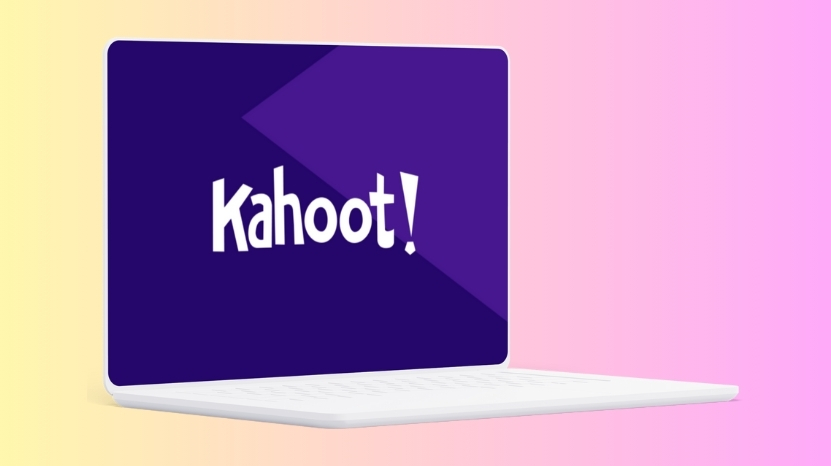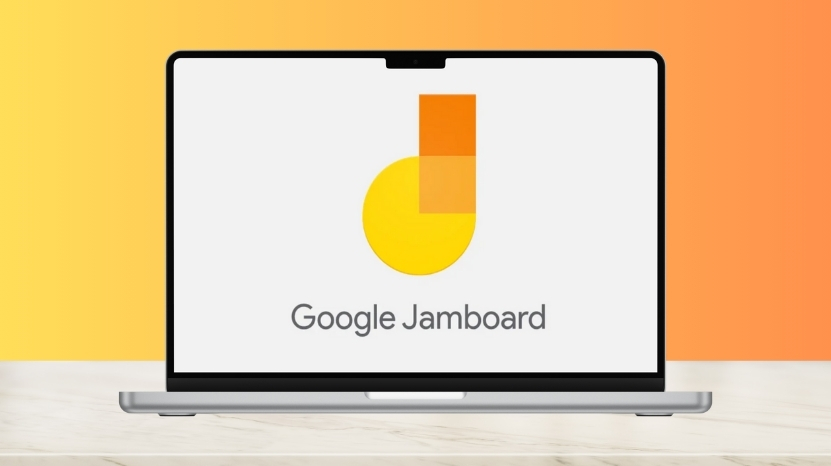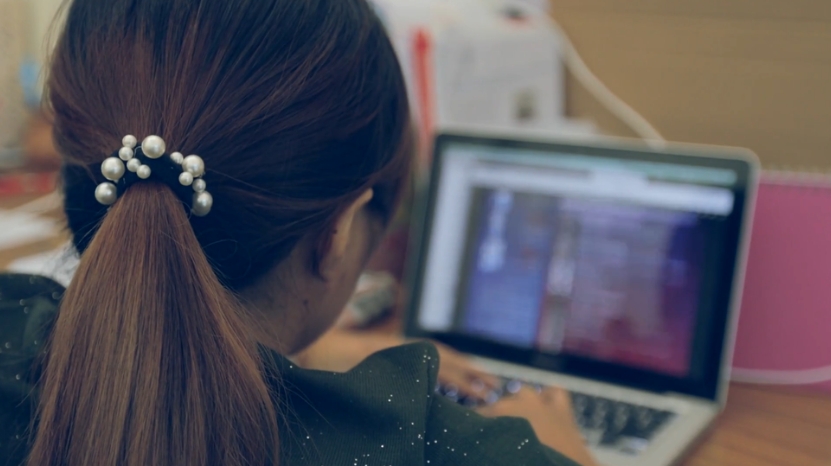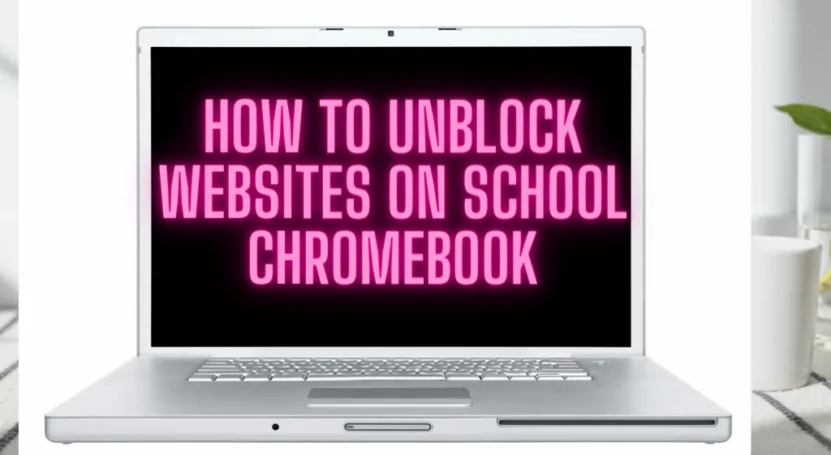
Share Post:
Getting blocked from websites on a school Chromebook can be super frustrating, especially when you really need access to something important. I’ve been there, and I know how annoying it feels when you hit that wall.
But don’t worry! There are ways to get around those restrictions, and I’m here to share some tips and tricks to help you unlock the sites you need. Let’s figure out how to work around those filters and get you back on track.
Table of Contents
ToggleHow to Unblock on Chromebook
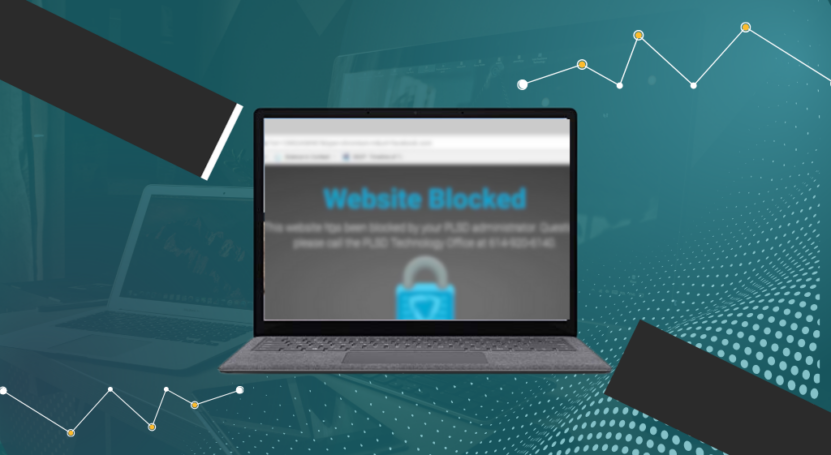
Method 1- Using a VPN (Virtual Private Network)
VPNs encrypt your internet traffic, which can help you access restricted content by making it appear as if you are accessing the internet from a different location. A VPN allows users to connect to the internet through a secure and encrypted connection.
- Step 1: Choose a VPN Service –Find a reliable VPN provider that is known for strong security and fast connections. Providers like NordVPN, ExpressVPN, or Surfshark are popular choices.
- Step 2: Install the VPN – If possible, download and install the VPN app from the Chrome Web Store. If apps are restricted, some VPNs offer browser extensions that might still work on a Chromebook.
- Step 3: Connect to a Server – Open the VPN app or extension and sign in with your credentials. Select a server location from the list available and connect. This should encrypt your internet traffic and mask your IP address, allowing you to bypass some network restrictions.
Method 2 – Using a Proxy Website
- Step 1: Find a Proxy Website – Search for proxy websites that are not blocked by your school. Websites like Hide.me, KProxy, or ProxySite.com are common options.
- Step 2: Enter the URL – Once on the proxy site, there should be a field to enter the URL of the website you want to visit. Type it in and proceed.
- Step 3: Browse Via the Proxy – The proxy website will fetch the webpage for you, allowing you to access it through their server. This can bypass simple web filters implemented by schools.
Method 3 – Use Google Translate as a Proxy
- Step 1: Open Google Translate – Go to the Google Translate website. This site is usually not blocked by schools as it’s a tool for education.
- Step 2: Enter the Website URL – In the text box meant for text translation, enter the URL of the blocked site you wish to visit.
- Step 3: Translate and Access – Set the translation from a foreign language to English (or vice versa), and click on the translated URL that appears in the output box. Google Translate acts as a proxy, letting you access the website.
Method 4 – Try Using an HTTPs Prefix
- Step 1: Edit the URL – Often, schools block websites by simple HTTP alone. Try changing the URL from “http://” to “https://”.
- Step 2: Access the Site – Hit enter and see if the secure version of the site bypasses the filter.
Method 5 – Use a Portable Browser (If USB Access is Allowed)
- Step 1: Download a Portable Browser – On a different computer, download a portable version of a browser like Firefox or Chrome to a USB drive.
- Step 2: Use Browser on Chromebook – Insert the USB into the Chromebook and open the portable browser from the USB drive. Sometimes, the restrictions are less stringent on third-party browsers.
Method 6 – Changing DNS Settings
- Step 1: Access Chromebook’s Network Settings – Go to your Chromebook’s Wi-Fi settings and click on your connected network.
- Step 2: Modify DNS – Find the DNS settings and change them to Google DNS (8.8.8.8 and 8.8.4.4) or another public DNS like Cloudflare (1.1.1.1).
- Step 3: Save and Reconnect – Save the settings and reconnect to the network. Sometimes, changing DNS can bypass blocks on certain websites.
Risks and Precautions
- Understanding Potential Consequences of Unblocking Websites: Unblocking may lead to violations of school or organizational policies, legal issues, or exposure to harmful content.
- Caution Against Using Unauthorized Methods: Using unauthorized methods to unblock websites can lead to disciplinary actions or even legal consequences.
- Advocating for Responsible and Safe Browsing Practices: Always ensure that the methods used to unblock websites are legal, ethical, and in line with organizational policies.
Troubleshooting and Tips
Ensure that the VPN or Proxy is properly configured. Try different servers or settings to optimize performance. As we’ve mentioned, choose reputable services and follow their guidelines for optimal performance. Always use secure and trusted methods to maintain privacy and security.
How to Determine If a Website Is Blocked
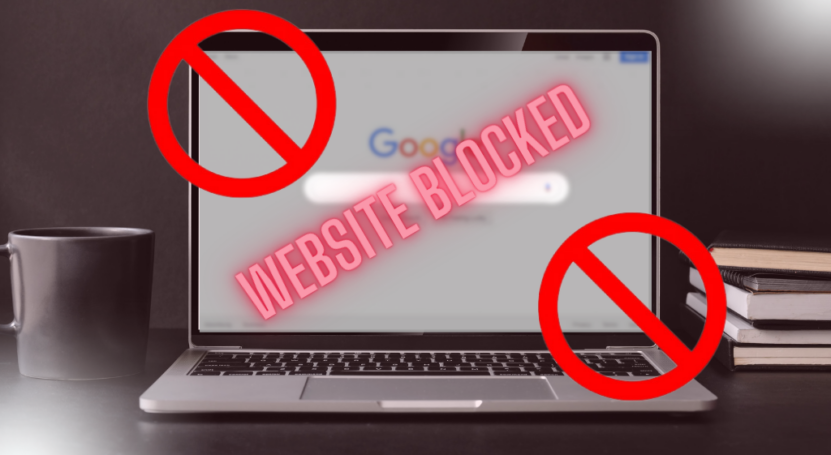
Browser Error Messages
Specific error messages may appear when trying to access a blocked site like “This site can’t be reached” or “Access Denied“.
Network Tools
Use network diagnostic tools to analyze the connection. There are online tools available that can help you check if a website is accessible from your location.
Ethical Considerations
It’s easy to get carried away, but remember, with great power comes great responsibility. Use these methods for legitimate educational purposes. Always prioritize your safety and privacy. Opt for tools that don’t compromise your digital security.
Stay on the right side of the law. Don’t use bypassing techniques for illegal downloads or accessing inappropriate material.
How Schools Block Websites on Chromebooks
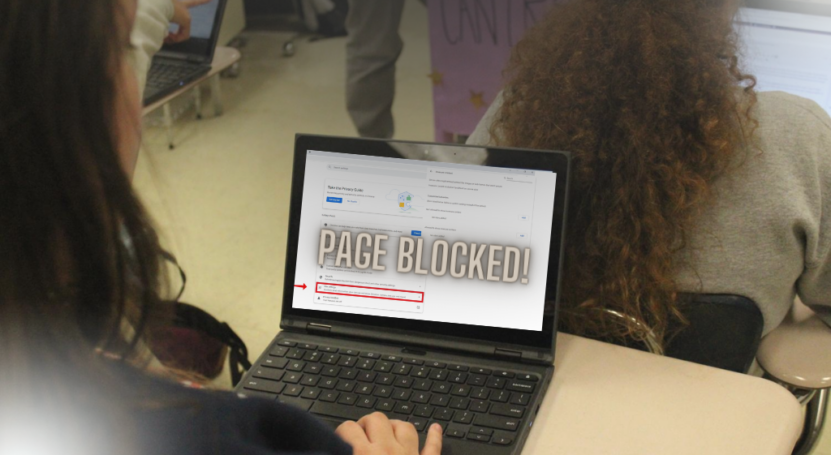
Schools and organizations often use sophisticated filtering systems to block sites based on content categories, keywords, or specific URLs.
- Blacklisting: Blocking specific sites or domains.
- Whitelisting: Allowing access only to specific sites or domains.
Network administrators can enforce restrictions through firewalls and network policies.
Method
Description
URL Filtering
Blocking access to specific URLs or domains.
Content Categorization
Blocking websites based on content type (e.g., social media, adult content).
Network Policies
Applying rules at the network level to restrict access to certain sites.
Why Schools Would Block Websites
- Maintaining a Focused Learning Environment: By blocking access to distracting websites like social media or gaming platforms, schools can ensure that students remain focused on educational content.
- Preventing Access to Inappropriate or Distracting Content: Blocking certain websites helps in maintaining a safe and appropriate learning environment by preventing access to content that might be unsuitable for students.
- Protecting Students from Potential Security Risks: Some websites may pose security risks, such as malware or phishing attacks. Blocking these sites protects students and the school’s network.
FAQs
Summary
Schools often implement website blocking to maintain a focused learning environment, prevent access to inappropriate content, and protect students from potential security risks. However, there may be legitimate reasons for unblocking certain websites, such as accessing educational resources that are mistakenly blocked.
Whether you’re a teacher, student, or IT professional, understanding the methods, risks, and best practices for unblocking websites on Chromebooks are very important. It’s not merely about bypassing restrictions, it’s about doing so responsibly, ethically, and in line with applicable laws and school policies.
Related Posts:



